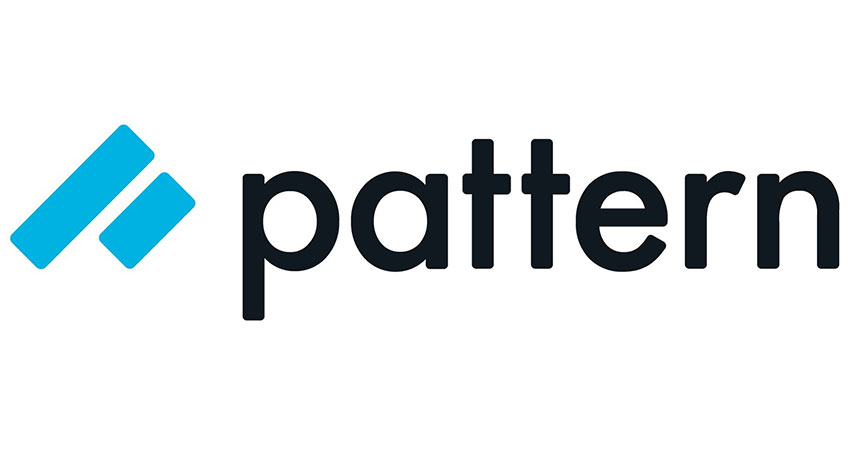Pattern, which helps brands expand and grow revenue on marketplaces and other channels, has raised $225 million, bringing its total valuation to over $2 billion as it sees its role as a market accelerator as a more logical path to success than the ever-growing ranks of Amazon brand aggregators.
The minority investment was led by Knox Lane, and also included participation from existing investors in Pattern.
David Wright, the company’s co-founder and CEO, said Pattern has a heavy focus on machine learning and data science to help major consumer brands like Panasonic, Nestle, Converse and Pandora grow their ecommerce business. He said loyalty is high among its 100+ clients.
Wright said the latest round will be used to grow the company’s technology platform and continue to expand internationally. He founded the company in 2013 in Utah’s “silicon slopes” along with Chief Investment Officer Melanie Alder.
“If you look at the leadership and background of a lot of the aggregators, it’s in M&A, and they start from the premise of finding opportunities to reach 10x a month in EBITDA arbitrage through acquisitions,” Wright said. “It works for a while, but eventually they have to focus on product and R&D. They say they want to take over the world of CPG, but those companies have a 150-year history of building great products, reengineering and quality testing.”
Wright said the success formula for Pattern is revenue equals conversion times traffic times price, using machine learning and NLP to determine a “winnability score” on keywords phrases.
“We whiteboard the levers brands need to pull to win on keywords,” he said. “For any given product, there are thousands of keywords you can win on. If it’s a new probiotic, you’re not going to win on ‘probiotic,’ but could you win on ‘probiotic for women over 50?’ Based on the winnability score we determine, this is a good use of ad dollars, and you start to get a flywheel of SEO.”
And where most aggregators focus on the Amazon channel, Wright says Pattern’s coverage across many marketplaces in more than 100 countries, including Tmall, Walmart.com, JD.com, Target.com, eBay and Mercado Libre, as well as helping manage DTC sales for its clients, is a differentiator.
“A lot of them have doubled down on Amazon, but to become a truly relevant brand you have to accelerate far beyond that,” he said. “Of course, (Amazon is) a big piece of the pie, but any brands that are successful in a major way have figured out how to go multichannel. We’re already hearing aggregators say, maybe we should acquire technology and turn into accelerators.”

